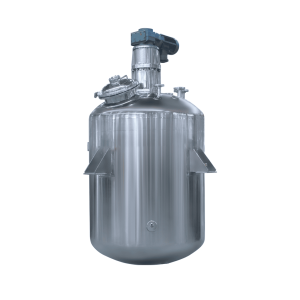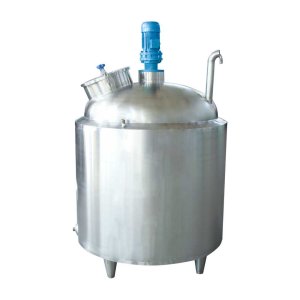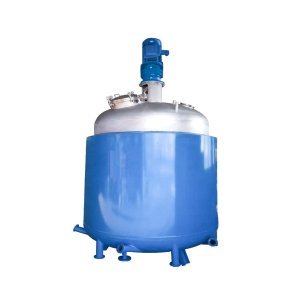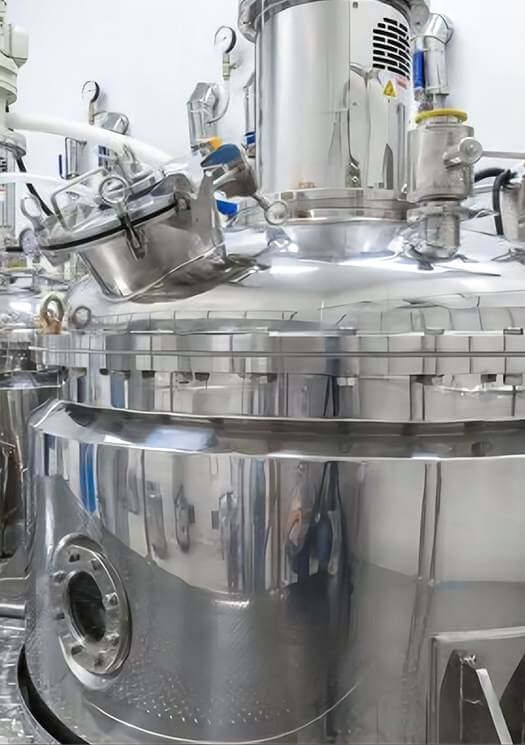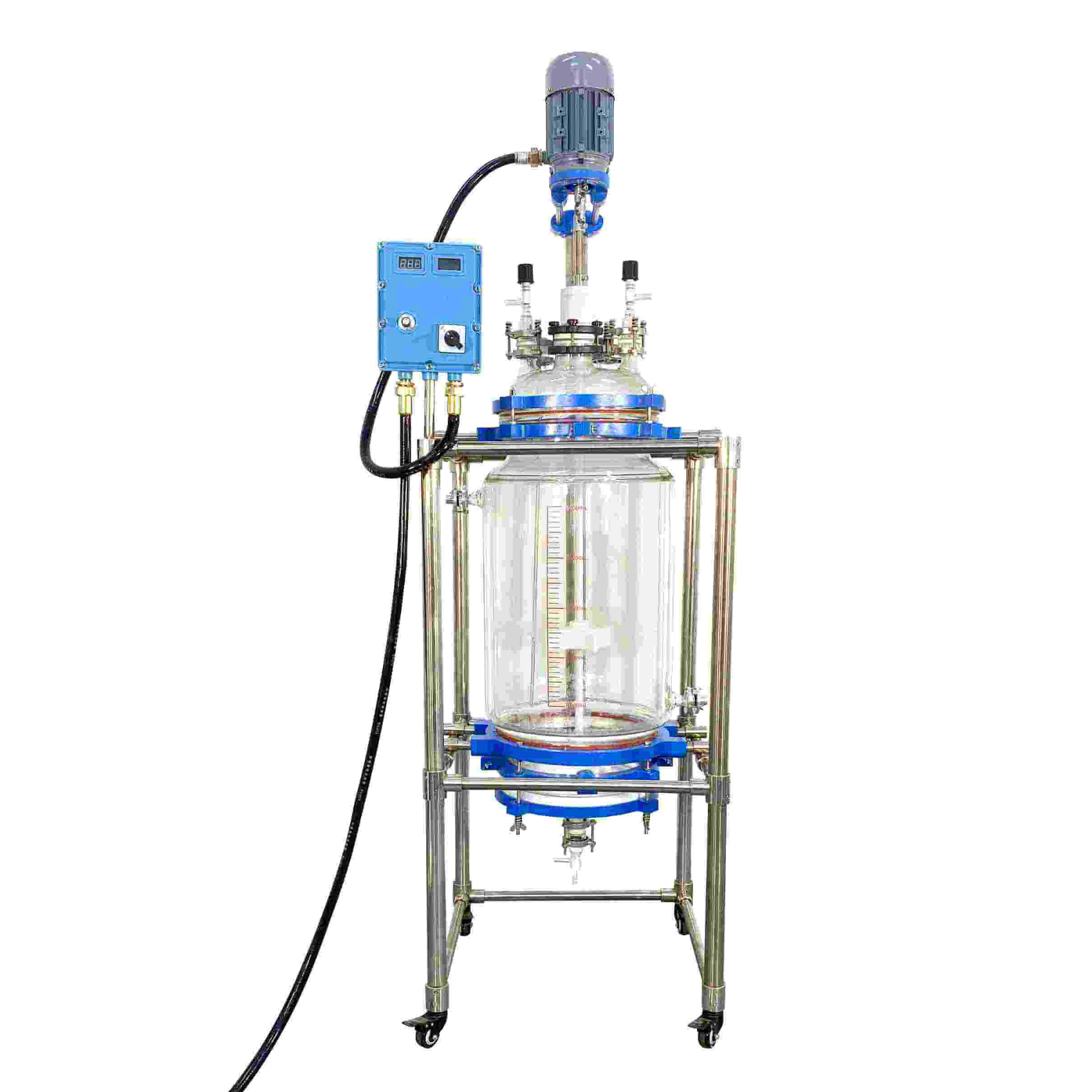
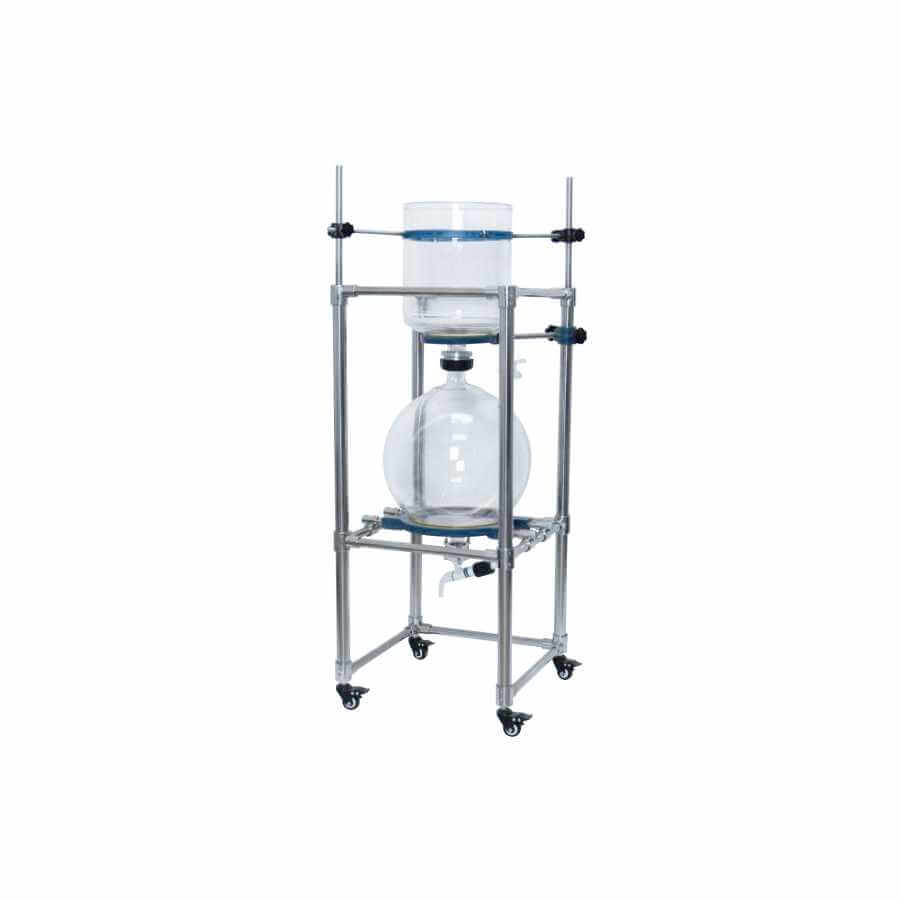
Glass Reactor
Glass reactors: used in chemical reactions, drug research and development, fine chemicals, food manufacturing, and other fields.
Material
glass
Capacity (L)
10-10000+
Mixing system
anchor, paddle, frame and others
Heating system
electric heating, oil heating and others
RUNGYU glass reactors are commonly used biochemical instruments and are widely used in modern fine chemicals, biopharmaceuticals, scientific research and experiments, and other industries. They can be used for concentration, distillation, reflux, separation, and purification reactions under the conditions of constant speed, constant force, and constant temperature. It is an ideal equipment for teaching, experiment, pilot test, and production.
Request a quoteGlass reactor is a commonly used biochemical instrument, widely used in modern fine chemicals, biopharmaceuticals, scientific research and experiments, and other industries. It can be used in various concentrations, distillation, retention, separation, and purification reactions. According to different operating conditions and requirements, the temperature and pressure can be adjusted to adapt to different experimental environments. Glass reactors are ideal equipment for teaching and production.

Understand what is a glass reactor
The most typical glass reactor consists of a glass vessel with a stirrer and an integrated heating/cooling system. The glass reactor is made of high-quality borosilicate glass, which has strong chemical resistance. Borosilicate glass containers are available in sizes from 50ml to 200L. Liquids or solids are fed through connections at the top of the glass reactor. Steam exits through a connection at the top, and waste usually exits at the bottom. The advantage of glass reactors is their versatility and visibility. The clear glass walls of the reaction vessel allow easy observation of the reactions taking place inside, which is especially useful in reactions where color changes or precipitate formation are indications of reaction progress. At the same time, a single container system can perform a range of different operations without breaching containment, which is useful when dealing with toxic or highly potent compounds.
A glass reactor is just one type of chemical reactor. It also includes high pressure reactors, jacketed reactors, laboratory reactors, stainless steel reactors, hydrogenation reactors, etc., but the most commonly used ones are glass reactors. The advantages of glass reactors are no pollution, high-temperature resistance, corrosion resistance, efficient mixing, precise temperature control, etc. The basic principle of the glass reactor is to stir the reaction and control the reflux and evaporation of the solution in the closed container under a set constant temperature, normal pressure, or negative pressure. There are three types of glass reactors: single-layer glass reactors, double-layer glass reactors, and triple-layer glass reactors.
Application of glass reactor
Chemical reactions are carried out in glass reactors. The highest quality glass reactors are made by using additional glass fittings such as feed vessels, refining bars, and condensers as necessary equipment. Glass reactors only carry out various reaction processes of various materials under vacuum conditions and controlled temperatures. Each glass reactor features flexible mixing rates and stable feed channels, allowing ingredients to be added to the device at a consistent and controlled rate.
The application of a glass reactor can be summarized as a high-temperature reaction (maximum temperature up to 300°C), low-temperature reaction (minimum temperature up to -80°C), vacuum negative pressure reaction, constant temperature solvent synthesis, distillation reflux reaction, vacuum distillation reaction, Extraction separation reaction, purification reaction, concentration reaction, stirring reaction, etc. Users can adjust the temperature and pressure according to different operating conditions and requirements to adapt to different experimental environments.
Glass reactors are not only used in the biochemical industry but also in industry. However, some requirements must be met, such as glass reactor heat, speed, and size. Different types of chemical industries use different glass reactors. As long as you understand some of the structural characteristics of glass reactors, you can choose a suitable glass reactor.

